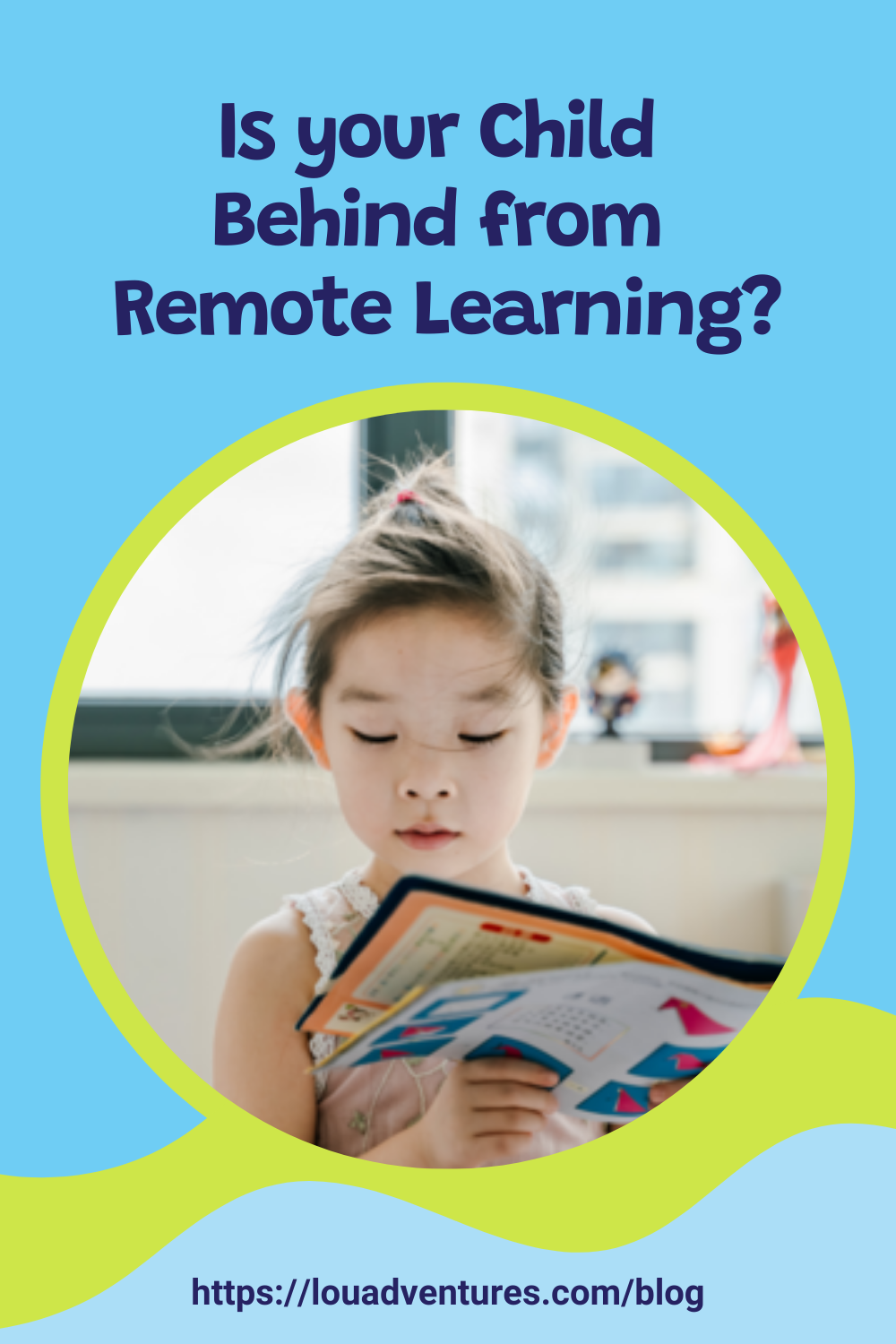How to Help Your Child Who’s Fallen Behind from Remote Learning
Reading Time: 3 min
Photo by Jerry Wang on Unsplash
As a parent, do you remember what learning as an elementary school student was like? Even if you’re struggling to dig back into your memory, much of the critical skills you gained- back then were instrumental in helping you communicate and reason as well as you do today.
Thanks to the pandemic, many current students have missed out on a part of their learning development to practice those skills in-person — especially those concerning reading comprehension and math. The former is arguably one of the most important skills that any student should develop throughout their K-12 education. Possessing a strong mastery over early literacy is one of the building blocks that sets up a foundation for future academic and life success. In academia terms, the ability to read aloud quickly and accurately is also known as ORF.
To obtain a sense of how big of an effect the pandemic had on ORF, a study was conducted to compare how well students read this year versus years past. What the researchers discovered was that students’ ORF results in second and third grade were nearly 30% behind what would be expected in a typical year. This no doubt signals a widening achievement gap that threatens to have big effects if not addressed.
Understandably, there have been numerous Covid learning challenges that contributed to this gap. To get a better idea of what conditions your child might have learned under, let’s take a look at some of the biggest Covid learning challenges from their point of view.
Inability to Work in Groups
Because of social distancing, many students had to learn by themselves. Even though we as parents might have been available to lend a helping hand, the experience of being able to practice with partners and friends of the same age can’t be replicated. Groups can foster a learning environment that motivates students to challenge themselves and develop closer bonds.
Can’t Ask Questions
Remember how easy it would be to walk up to the teacher and pull them aside to ask a question about a math or reading problem? In a virtual classroom, that process becomes much harder. Students often get shy when having to ask questions online and therefore might fall behind on a lesson if the teacher isn’t aware of their needs. The lack of physical closeness and convenience can leave plenty of students keeping their thoughts to themselves while enduring a school day.
Easier to Cheat
While digital devices have made all of our lives significantly easier, the simplicity of instant messaging and tech has made cheating much more accessible. This allows students to skip out on the most rewarding parts of learning and never truly grasp the content at hand. With the plethora of games and social media platforms available as well, distractions never fall too far from the tree.
Feeling Alone
There’s no doubt that the pandemic has had an isolating effect on all of us. However, it’s our kids who’ve had to attend online school without ever having seen their classmates’ faces. Because many students tend to leave their cameras off in class, they remain less engaged and motivated to learn the content.
Final Thoughts
At the end of the day, basic reading comprehension and math skills are at the base of how we see and understand the world. To tackle the achievement gap that the pandemic has caused, it’s crucial that students are given an interactive and fun learning option to keep their progress moving forward.

















